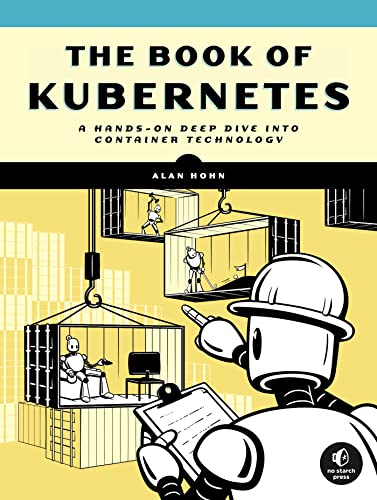Containers ensure that software runs reliably no matter where it’s deployed, and Kubernetes is the open-source platform that lets you manage all of your containers from a single control plane. In this comprehensive tour of Kubernetes, each chapter includes a set of examples with just enough automation to start your container exploration with ease.
The book begins with an overview of modern application architecture and the benefits of and requirements for containers and orchestration. It describes Linux control groups, process isolation, and network namespaces, and how to build container images. You’ll then create containers, deploy and administer a Kubernetes cluster, and learn how to debug Kubernetes all the way down to the operating system and the network. You’ll gain a deep understanding of containerization and Kubernetes, as well as how container networking works at the packet level across multiple nodes in a cluster. Along the way, you’ll learn:
- How containers make applications more reliable and easier to maintain
- How to build a Kubernetes cluster and use it to run containerized applications
- Why container networking is so important and how it works in detail
- How to keep applications running well, and how to debug when things go wrong
- How to keep a cluster secure with authentication and role-based access controls
